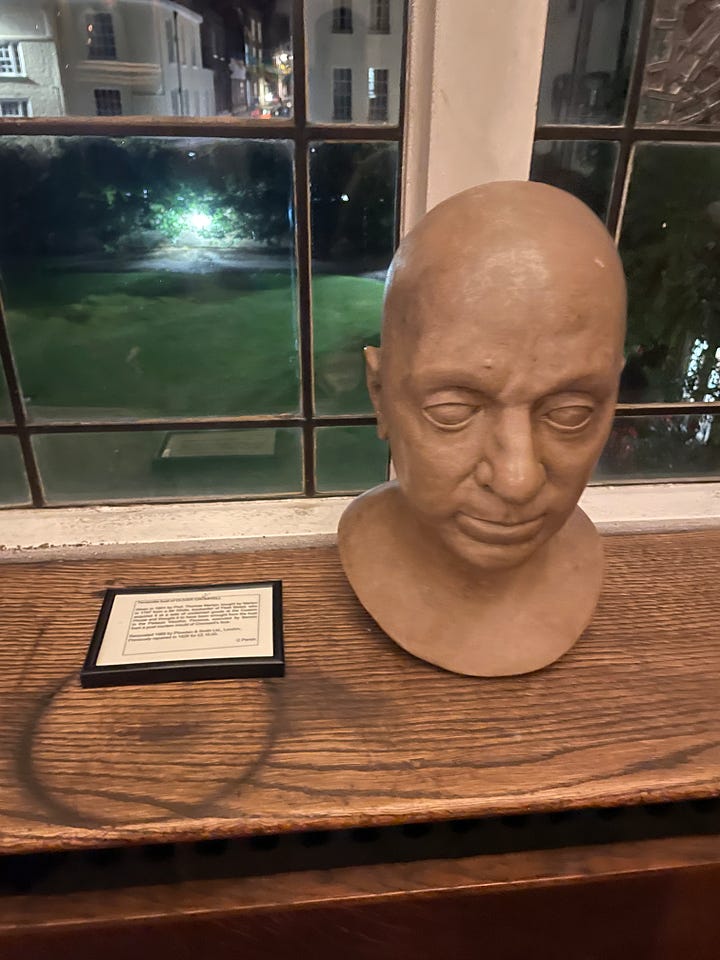Outtakes: Molex and Navistar and life after Arthur Andersen
Just a few thoughts, and a bit of a notes dump, while I obsess over the similarities between Molex and Navistar.
Some additional tidbits about the parallels between former Deloitte clients Molex and Navistar
I wrote last week about teaching at Cambridge in the UK for the Executive Masters in Accounting Programme and about my co-faculty Michael Willis teaching the Molex case.








There is a lot more to the Molex issues than the case conveys.
Molex had a very lengthy and intense SEC Comment letter correspondence related to its 10-K for the fiscal year ending June 30, 2004, its 10-Q for the quarter ending September 30, 2004 and a couple of 8-Ks in that period. There were a lot of issues in play!
Molex’s responses to the SEC were copied to its new EY engagement partner so we know who that is. He retired in 2010, so we can’t see what other high-risk clients he took on before calling an audible because audit partner name transparency via the PCAOB’s Form AP was not implemented until 2017.
Deloitte & Touche was unwilling to provide consents. It wrote a pretty mean letter that spilled a lot of dirty laundry, which is highly unusual. The SEC will not force any auditor to provide a consent so Molex was required to have all prior years re-audited by its new auditor, EY.
Gretchen Morgenson wrote "Companies Behaving Badly" for the New York Times on March 6, 2005. She uses Molex as one of her examples of a company that received a low 2.5 rating out of 10 from the research firm Governance Metrics International because of board independence issues and a questionable internal control and financial reporting structure. Then, as if following a script, Molex got in trouble in Nov. 2004, when Deloitte, Molex's outside auditor resigned. The auditor had identified errors in accounting for inventory that had overstated the company's income. Molex recorded a charge of $5.8 million as a result but said that an investigation by its audit committee had found no wrongdoing and would not fire its CEO and CFO for Deloitte. Later, new auditor EY would also make that a condition of taking on the audit, after some speeches by PCAOB members, and so they were given other jobs in the company, instead.
Takara Trust filed a securities class action lawsuit as a result of the restatements and subsequent stock drop in March 2005. The defendants were Molex Incorporated, Joseph King, Diane Bullock, Frederick Krehbiel and John Krehbiel, and Martin Slark.
News that Deloitte had resigned failed to spark panic selling of Molex stock after the Lisle-based maker of electrical connectors and components disclosed that the auditor had resigned the prior weekend. Molex directors had refused to capitulate to Deloitte’s ultimatum to fire CEO J. Joseph King and former Chief Financial Officer Diane Bullock. Molex shares closed down 38 cents, at $30.15, just a penny below their close the prior Wednesday before the news of the accounting error broke.
On February 14, 2005, Molex released its financial and operational results for the second quarter ended December 31, 2004 and the restated results for the Company's first fiscal quarter ended September 30, 2004, which reflected the appropriate adjustments given the accounting irregularities. As a result of this news, shares of Molex did fall $3.34 per share or 11.60 percent, on February 15, 2005, to close at $25.45 per share.
An April 2005 news article said Molex was closing its Aviation Drive electronic manufacturing plant and cutting nearly 200 area jobs, as a result of a consolidation of jobs needed due to a 1.4 percent drop in yearly net income.
On April 28, 2006, the court denied Molex's motion to dismiss the Takara complaint. On July 6, 2005, the Court appointed City of Pontiac Group, Joan L. Weeks individually and as trustee, and James Baker as lead Plaintiffs, and approved lead Plaintiffs’ choice of lead Counsel. In the consolidated amended class action complaint Plaintiffs alleged: (1) Molex, as a company, and King, Bullock, the Krehbiels, and Slark, as individuals, violated section 10(b) of the Securities Exchange Act of 1934 ("Exchange Act"), 15 U.S.C. § 78j, and Securities Exchange Commission ("SEC") Rule 10b-5, 17 C.F.R. § 240.10b-5; and (2) defendants King, Bullock, the Krehbiels, and Slark were "control persons" and therefore liable under section 20(a) of the Securities Exchange Act, 15 U.S.C. § 78(t), for the corporation's fraudulent acts.
The Krehbiel brothers, Fred and John, had inherited the company from their father. Frederick Krehbiel had been a Director of Molex since 1972. He was elected Vice Chairman and CEO in 1988 and Chairman of the Board of Directors in 1993. He became Co-Chairman of Molex in 1999 and served as Co-CEO from 1999 to 2001 with his brother, defendant John Krehbiel.
Plaintiffs had also alleged that the Krehbiels' stock trades provided further evidence of fraud scienter. They alleged that the Krehbiels personally sold shares of Molex stock to profit from the alleged artificial inflation in Molex's stock price and that the stock sales were not part of any "announced pre-planned pattern of stock sales." The sales took place soon after the July 21, 2004 meeting, soon after Molex adjusted for overstated inventory and income as a result of not eliminating intercompany profit from "in-transit" inventory, referred to as the PII Error, in its financial statements but before Molex publicly admitted what it had done, and shortly before Molex announced Deloitte's resignation. These stock sales only amounted to 1.9% of the Krehbiels' holdings but the plaintiffs did not believe that negated the possibility that the Krehbiels sold the shares to avoid losses upon disclosure of adverse information.
On June 15, 2006, Defendants answered the Takkara Complaint, denying any liability and asserting numerous defenses. Discovery commenced, and was scheduled to conclude in March 2007. Plaintiffs filed a motion for approval of settlement for $10.5 million on November 2, 2006 which was preliminarily approved 5 days later.



